Things Your Senior Dog Wishes They Could Tell You
Aging is a natural part of life, and for our dogs, it often brings changes that might catch us off guard. If senior dogs could talk, they’d share plenty of wisdom about their needs and what makes their golden years comfortable and fulfilling. Here’s what they might tell you, shared from experience and a deep understanding of their behavior.
“I’m Slowing Down—And That’s Okay”
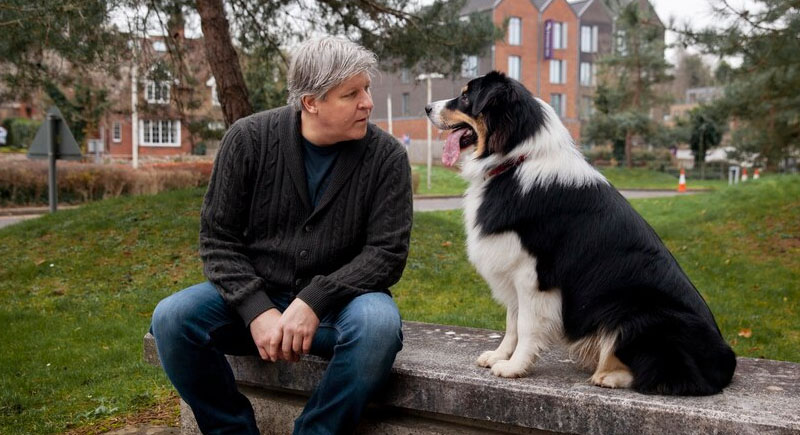
Credit: freepik
Remember when your dog could race around the yard for hours? Those days may be behind them, but they still enjoy time together with their owner, just at a slower pace. Walks don’t have to be marathons anymore. Take shorter strolls or sit in the park together. Your dog will be happy as long as they’re by your side.
“My Joints Feel Achy”
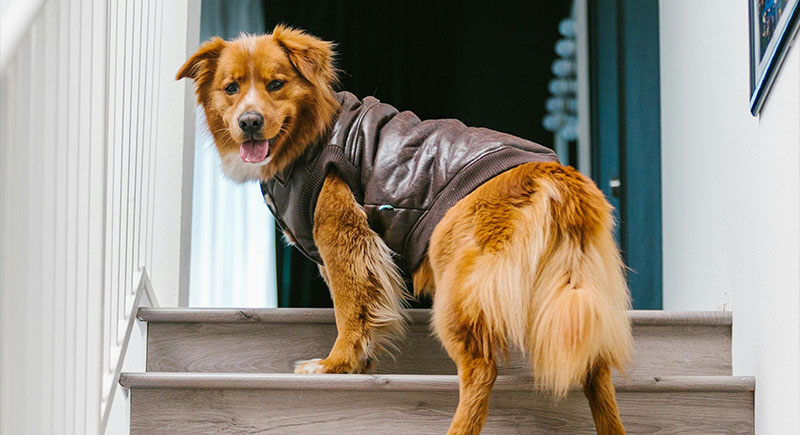
Credit: pexels
Climbing the stairs or jumping on the couch isn’t as easy for your dog as it used to be. Some mornings, it might even take them a little longer to get moving. A soft bed, gentle massages, or even a trip to the vet for joint support could make their days a lot more comfortable.
“I Need More Potty Breaks These Days”
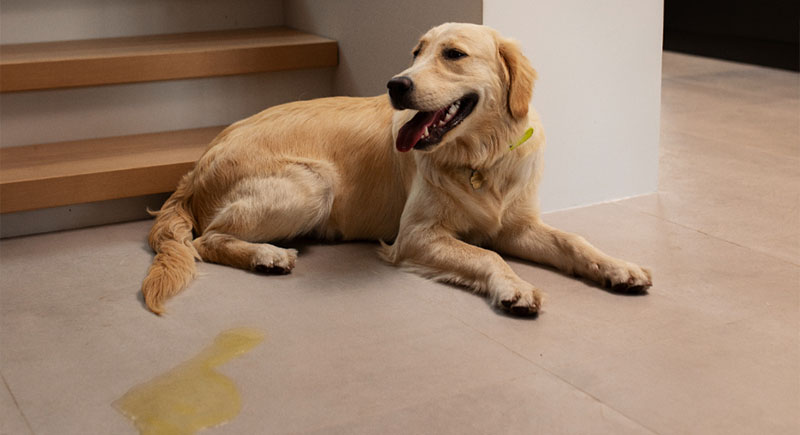
Credit: pexels
It may not be convenient, but your dog might need to go outside more often due to weaker bladder control or even age-related conditions like kidney issues. These changes don’t mean they’re being difficult; it’s just a part of aging that requires a little more patience.
“My Hearing and Vision Aren’t What They Were”
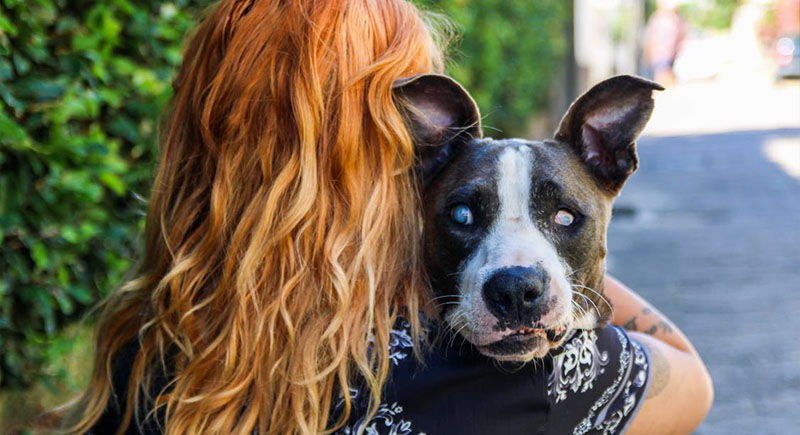
Credit: pexels
If your dog no longer comes running when you call, it’s not because they’re ignoring you. Vision and hearing naturally decline as dogs age, sometimes leaving them startled or hesitant in unfamiliar situations. Breeds like Cocker Spaniels and Miniature Poodles are especially prone to conditions like cataracts.
“I Get a Little Confused Sometimes”
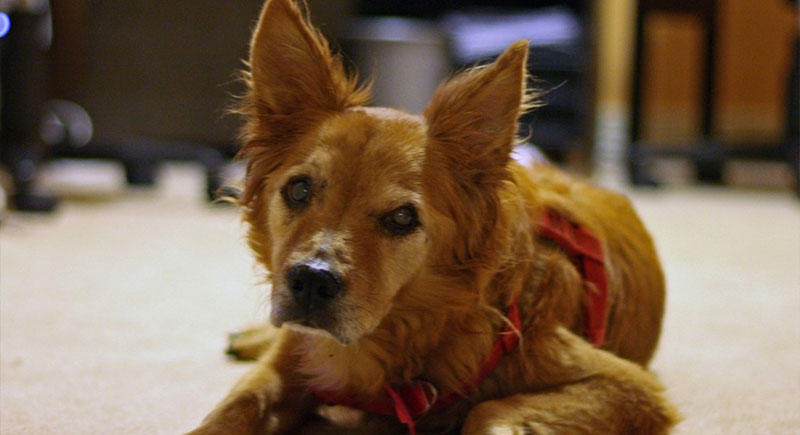
Credit: flickr
Some days, your dog may pace around or seem anxious for no reason. Canine cognitive decline, similar to dementia in humans, can cause a dog to forget routines or seem lost in familiar places. Structured days, gentle encouragement, and puzzles designed for senior dogs can help keep their minds active.
“I Can’t Handle Extreme Temperatures Like I Used To”

Credit: freepik
Hot summers and cold winters likely take a bigger toll on your dog now. Older dogs are more sensitive to temperature changes. Thin coats or reduced fat layers can make cold winters and hot summers challenging.
“My Taste Buds Aren’t as Excited Anymore”
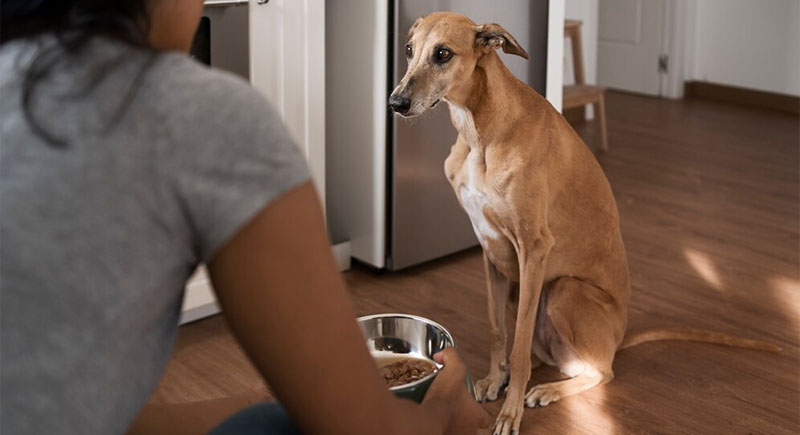
Credit: freepik
Your dog may still love dinnertime, but food likely doesn’t smell or taste quite like it used to. A reduced sense of smell or dental discomfort can make senior dogs picky eaters. Try to add warm broth or offer softer food that can make mealtimes more appealing.
“I Still Love to Play—But Gently”
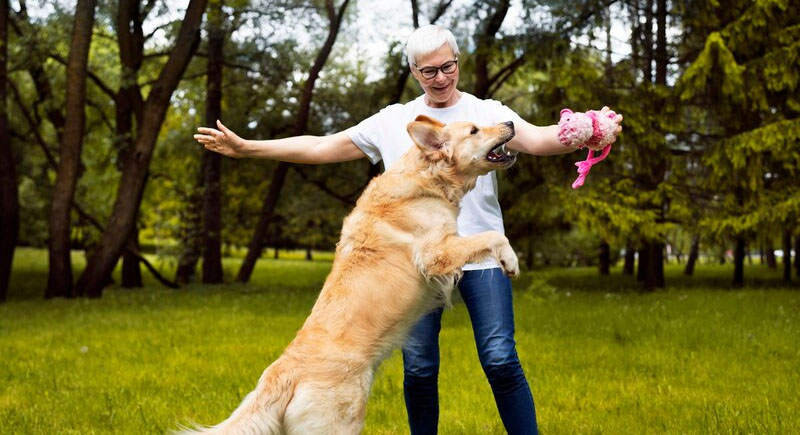
Credit: freepik
Don’t retire your dog’s favorite toys just yet! Even if it’s not as rough-and-tumble as before, older dogs still enjoy playtime. Activities like sniffing games or gentle tug-of-war keep them entertained without straining their bodies.
“Routine Is My Best Friend”
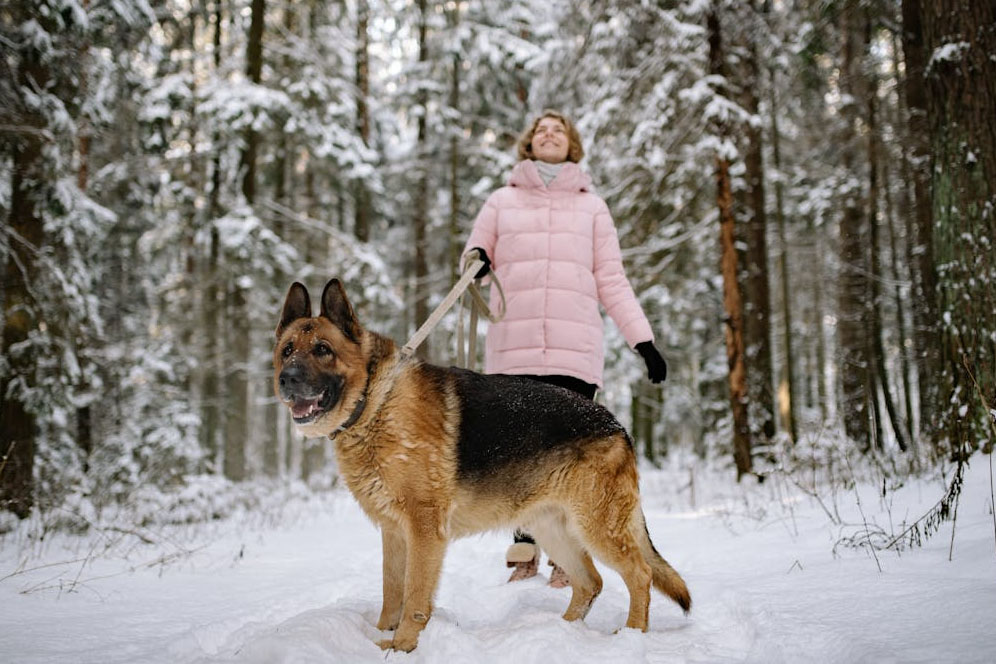
Credit: pexels
Consistency is everything for a senior dog. Sudden changes in feeding schedules or new routines can leave them feeling unsettled. Predictable days—meals at the same time, regular walks, and a familiar place to rest—help older dogs feel secure.
“Grooming Is Harder for Me Now”
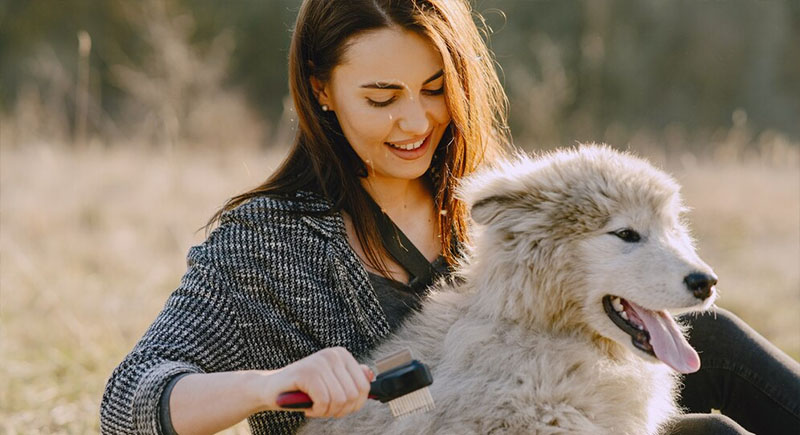
Credit: freepik
Older dogs want to stay clean and comfortable, but their joints make grooming a challenge. Regular brushing and a gentle bath now and then help them feel fresh. Plus, it’s extra bonding time with you!
“I Might Be More Grumpy Than I Used To Be”

Credit: pixabay
Irritability or a tendency to shy away from interaction often stems from physical discomfort rather than a change in temperament. Symptoms like chronic pain, reduced senses, or just feeling tired can all be contributing to the problem. A quiet, comfortable space helps ease those tougher days.
“I Need You to Watch for Subtle Changes”

Credit: freepik
Senior dogs rely on their owners to notice these cues and address them before they become more serious. Subtle shifts—eating less, sleeping more, or even licking a specific area—can be early signs of health issues. A trip to the vet could help you understand what’s happening.
“I Appreciate Mental Challenges”
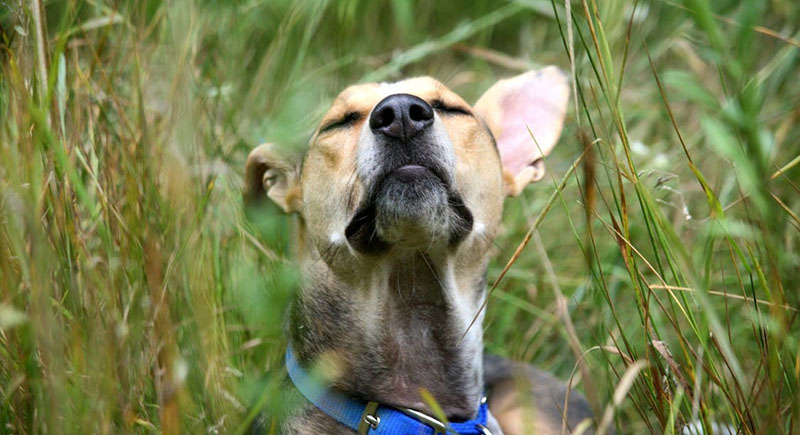
Credit: pexels
Keeping your dog’s brain sharp is just as important as taking care of their body. Activities like hiding treats or introducing new smells encourage curiosity and keep their brains active. Even watching you work around the house can give them a sense of companionship.
“Please Don’t Skip My Check-Ups”
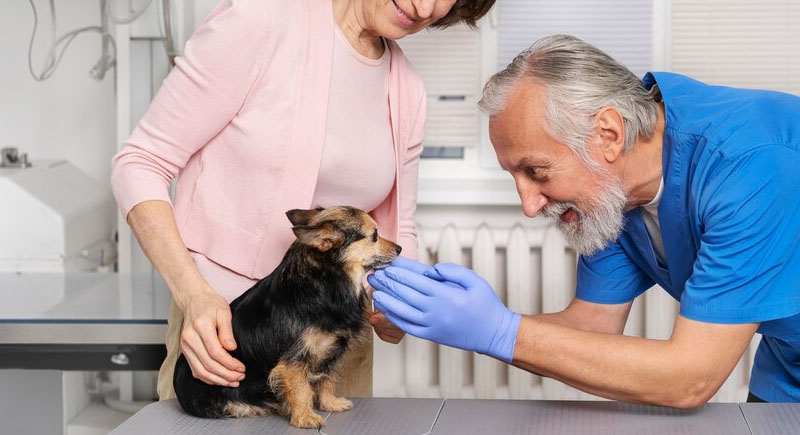
Credit: freepik
Your senior dog may seem fine, but regular vet visits are essential to catch problems early. It’s better to address small issues now than let them grow into bigger ones. Dental care also becomes increasingly important as dogs age, as untreated gum disease can lead to infections and other complications.
“Your Love Means Everything to Me”
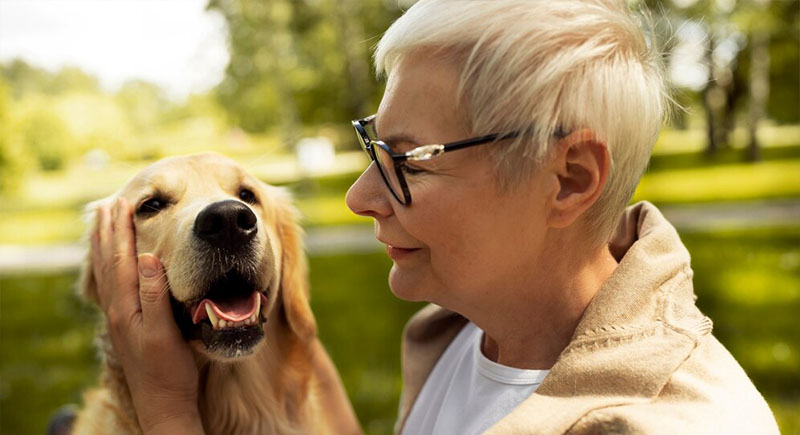
Credit: freepik
Despite all the changes that come with age, a senior dog’s emotional connection to their owner remains as strong as ever. They still light up when they hear a familiar voice or feel a gentle hand. The simple acts of spending time together, offering a soft bed, or sharing a quiet moment mean more to them than words can express.
“I’m Losing Teeth, and My Mouth Hurts Sometimes”
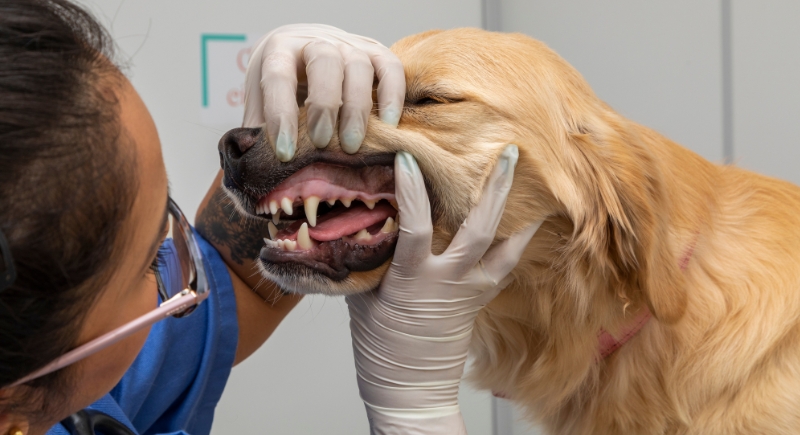
Credit: Getty Images
Dental troubles sneak up on senior dogs, and loose or missing teeth can make chewing uncomfortable. You might notice slower eating, dropping food, or backing away from hard treats. A dental checkup, softer meals, and regular cleanings can ease the discomfort and allow your dog to enjoy mealtime again.
“My Nails and Paws Need More Help These Days”
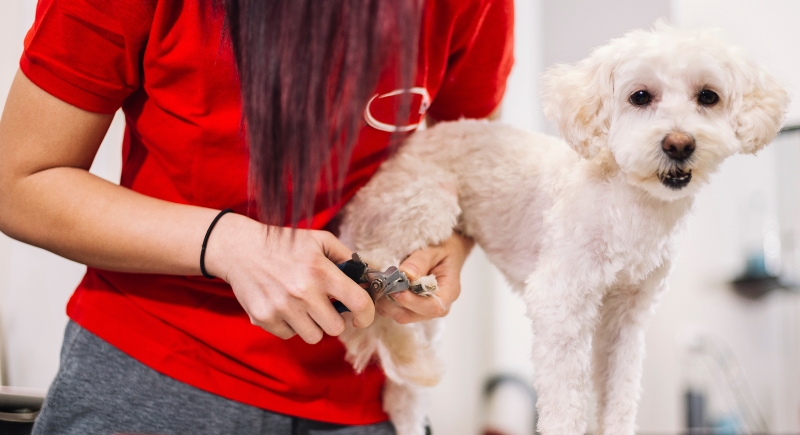
Credit: Getty Images
Aging paws need extra attention, especially when nails don’t wear down like they used to. Longer nails or dry, cracked pads can make walking uncomfortable, and stiff joints don’t help. Regular trims, soothing balms, and slower, steadier walks go a long way in keeping your senior dog steady and comfortable.